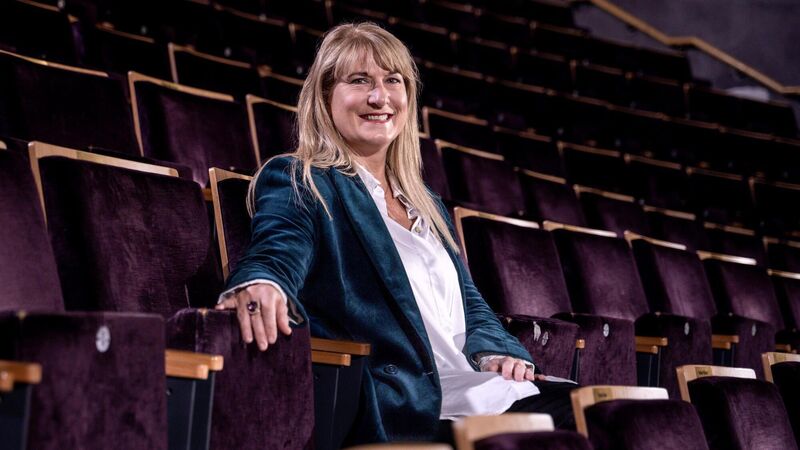‘I’m not there to take a selfie on the red carpet’: A year in the life of Cork Film Festival's director

Fiona Clarke, Director of the Cork Film Festival pictured in the Cork Opera House where the opening gala will be held on the 9th November. Pics: Chani Anderson, Captures by Chani







